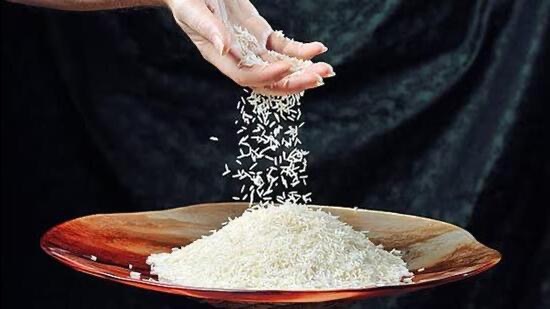Amrutha Avasarala, Pune
On Saturday, restrictions on basmati rice exports were eased by the central government. The motive behind the initiative is to curb inflation in domestic markets.
Exports ban on all varieties of white rice was lifted which was earlier sanctioned in July 2023. A Minimum Export Price (MEP) is set to $490 tonnes with immediate effect, as directed by the director-general of the foreign trade.
Minimum Export Price or MEP is a price limit below which a foreign entity cannot trade the products. This is a measure adopted to make sure heavy exports are not carried out at very low rates.
In recent years, India has been lifting restrictions and bans on exports, as an attempt to control the rocketing food inflation in domestic markets. One of the factors for the rocketing food price inflation. At present, India is the top leading exporter of rice in the world. Exports from India account for 40% of global rice shipments.
Conceptually, inflation and exports are inversely related to each other. An increase in exports paves way to a lower rate of inflation and the vice versa too, is true.
Balancing exports and imports is an inevitable and important part of a nation’s economy. The trade balance or the trade deficit, in a way determines the inflation rate and levels. Though the ban prevailed, exports to certain countries to friendly nations like Mauritius, Maldives, UAE and African nations were permitted by the Government of India.
Looking into the trade balances of India, the nation always faced a deficit in trade. In this sense, India’s exports amounted to much less than that of its imports. This imbalance has multiple impacts and effects on the whole economic scenario of the nation. Production, manufacturing, services, the rupee value, GDP and more have implications related to the transactions.
Rice is a staple food consumed by many Indians across the nation and beyond. The history of rice with India dates back to the Indus Valley Civilization where remains of rice shafts were discovered by the British during their rule in India.
The current development on revising the restrictions on exports of rice is expected to directly or indirectly impact the inflation rates in the country regarding the prices of food.
